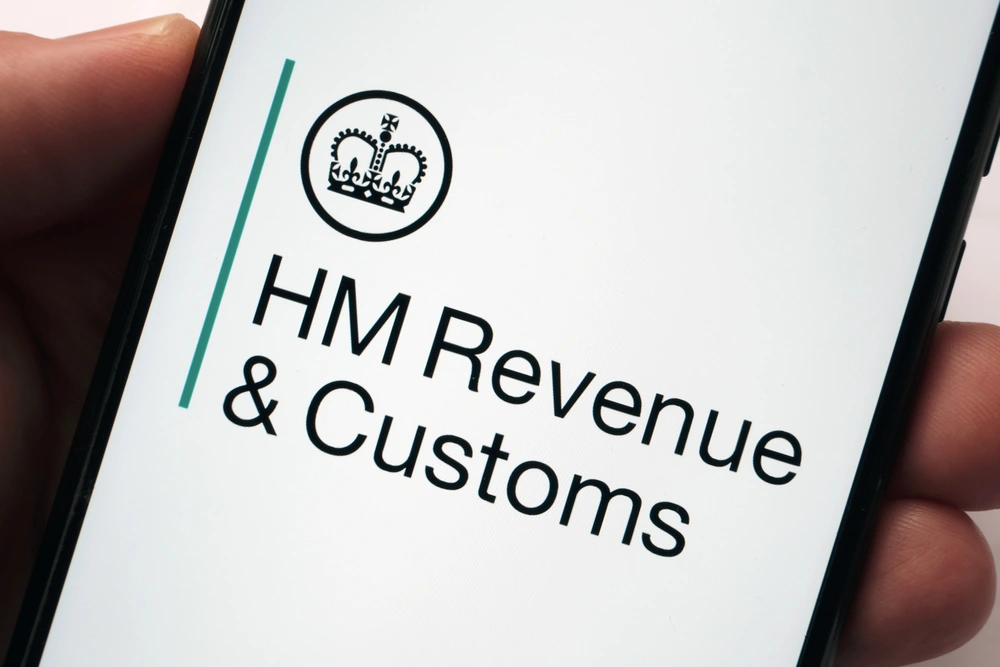The day has finally come – the financial ties have been cut and you’re free from your mortgage payments.
When your mortgage is close to the end, what happens next all depends on whether you have a repayment mortgage or an interest-free mortgage. Let’s take a closer look.
I’ve come to end of my repayment mortgage – what do I need to do?
When you take out a repayment mortgage, you agree to a term, typically 25 years, that your repayments will be spread across. As long as you’ve paid off everything you owe, once this term ends, you’ll be mortgage-free.
There are a few things that can change the initial agreed term of your mortgage. For example, if you’ve previously struggled with keeping up with your payments and have fallen behind with your payments as a result, your mortgage term will be extended until you’ve cleared the debt in full.
Although extending your mortgage term can make your payments more manageable each month, you should bear in mind that the longer the term, the more interest you’ll pay.

On the flipside, if you come into money and decide to pay your mortgage off outright, you’ll be debt-free quicker. Clearing your mortgage early means you pay less interest.
Just be aware that some lenders will charge you a penalty fee to clear your mortgage early. The exit fee will depend on the mortgage provider and the particular deal you’re on.
It may also be worth seeking professional financial advice to find the best option for you. For example, if you have several lines of credit open, like loans and credit cards as well as your mortgage, you should think carefully whether it’s worth paying these off first. rates on mortgage payments is relatively low when compared to the typical interest rates on other borrowing.
Once your mortgage has been paid back, there’s not a great deal of things that you’ll need to do.
You should contact the Land Registry, which holds information on the ownership of the property, to inform them that your mortgage had ended. You should also receive documents from the mortgage provider as prove that you’re no longer financially tied to them.
You’re within your rights to request your Title Deeds, which is the official documentation showing you own the property. If your home is registered with the Land Registry, you can request a copy of the deeds.

How does it work with an interest-only mortgage?
Following the tightened regulations of the Mortgage Market Review in 2014, there has been a sharp decline in the number of people taking out interest-only mortgages.
With this type of mortgage, your monthly payment covers only the interest on your mortgage and none of the property capital. This means that when the mortgage term ends, you’ll still owe the full mortgage debt.
If you’ve come to the end of your interest-only mortgage, there are several options you can consider.
You may have the option to remortgage. Depending on the lender, they may agree for you to switch to a repayment mortgage, but the repayments are likely to be higher.
Another point to consider is your age. The lender may not agree to you signing another 25-year mortgage term if this will take you into your retirement years. This means that you’ll have a shorter term, which could also mean higher mortgage payments.
At the end of your interest-only mortgage term, you could choose to sell the property as a way of clearing your debt with your lender. As long as the property is not in negative equity, this could be a suitable option.
For more advice on mortgages, be sure to check out our blog.
Disclaimer: We make every effort to ensure that content is correct at the time of publication. Please note that information published on this website does not constitute financial advice, and we aren’t responsible for the content of any external sites.








